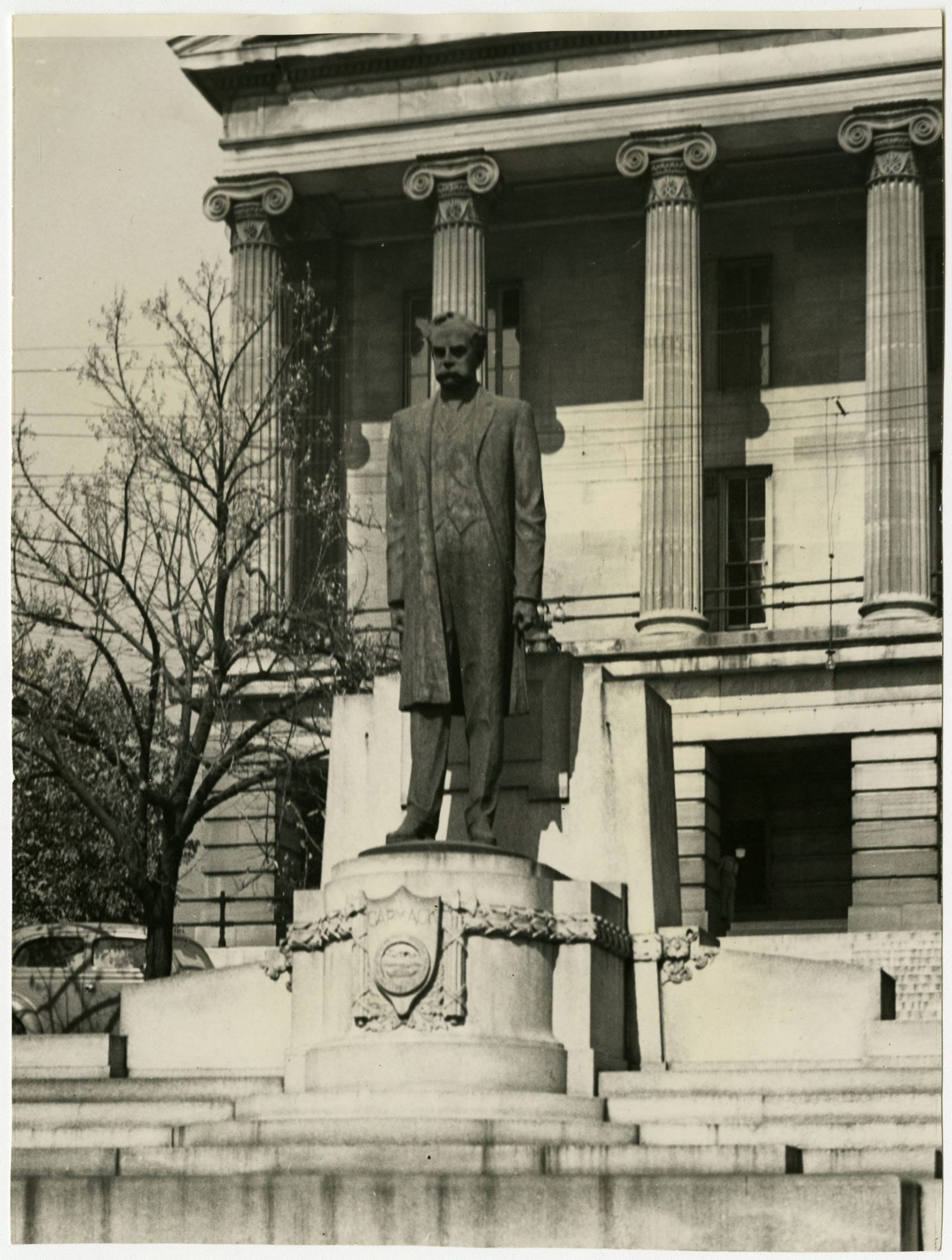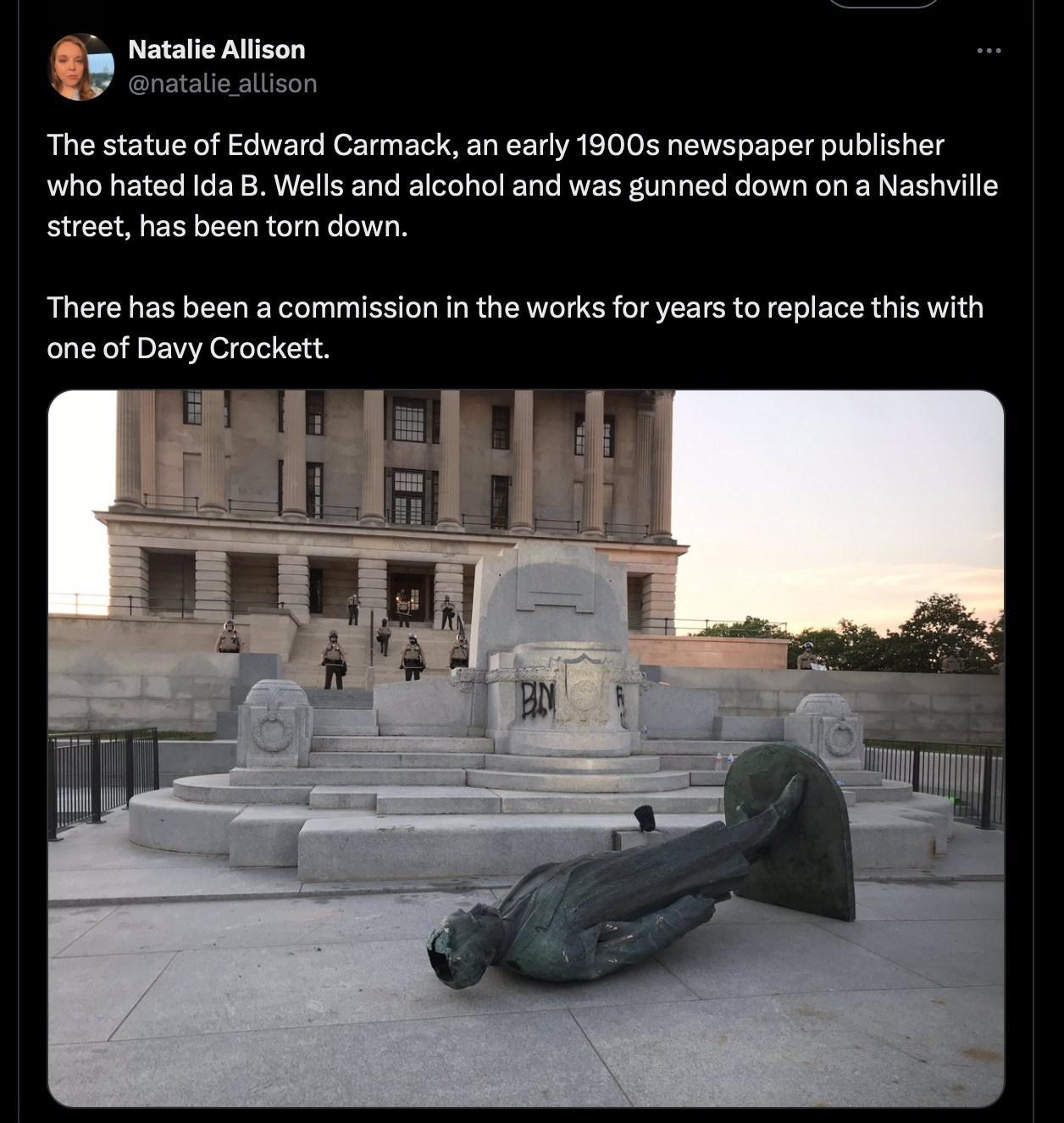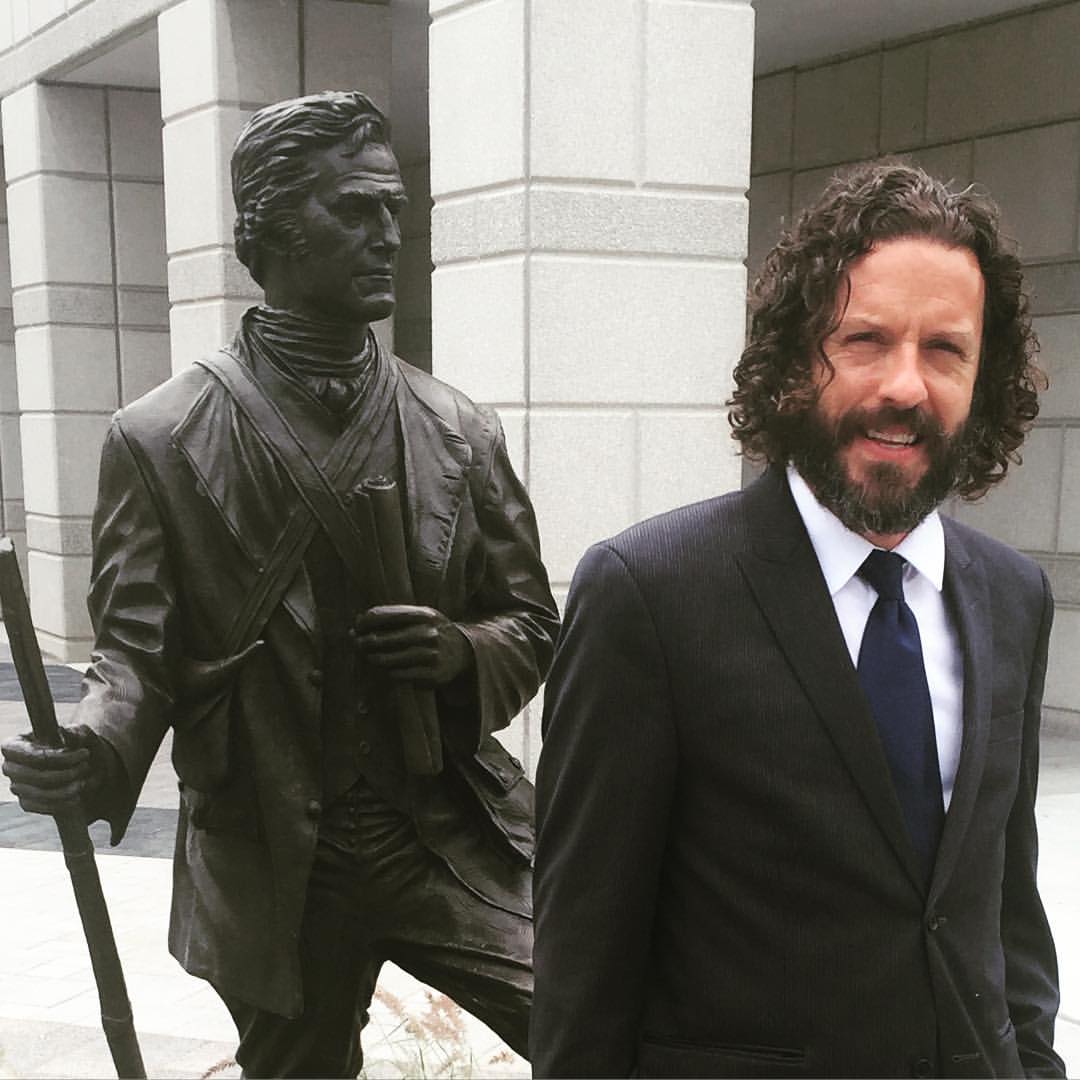Attorneys, local officials, and more are reacting to the verdict for three former Memphis Police Department officers charged in the death of Tyre Nichols.
On Wednesday, a state jury from Chattanooga decided that Tadarrius Bean, Justin Smith Jr., and Demetrius Haley have been found not guilty on all state criminal charges. These included second-degree murder, aggravated assault, and aggravated kidnapping with bodily injury, aggravated kidnapping, official misconduct, and unauthorized exercise of official authority.
Civil rights attorneys Ben Crump and Antonio Romanucci
“Today’s verdicts are a devastating miscarriage of justice. The world watched as Tyre Nichols was beaten to death by those sworn to protect and serve. That brutal, inhumane assault was captured on video, yet the officers responsible were acquitted.
“Tyre’s life was stolen, and his family was denied the justice they so deeply deserve. We are outraged, and we know we are not alone.
“We thank the Memphis community and people across the nation who have stood by Tyre’s family, lifted their voices, and demanded accountability. Your solidarity has been a beacon of hope in this painful journey. We remain fiercely committed to civil justice and ask for your continued support as we press forward with the civil trial and push for meaningful, lasting reforms needed to stop the cycle of police brutality.
“Let this be a rallying cry: we must confront the broken systems that empowered this injustice and demand the change our nation –– and Tyre’s legacy –– deserves.”
Senate Minority Leader Sen. Raumesh Akbari (D- Memphis)
“I am heartbroken — and I am angry. What happened to Tyre Nichols was not just a tragedy; it was a brutal injustice. The world watched as his life was stolen in a horrific, senseless beating. And now, his mother, Mrs. RowVaughn Wells, and his loved ones are left to carry a pain no family should ever endure.
“We should not have to keep witnessing this. We should not have to keep burying our sons, our brothers, our friends. We are tired of demanding justice that comes too late — if at all. Tired of asking if our lives truly matter in a system that continues to treat them as disposable. Days like these are unbearably cruel. They leave us searching for answers — about the worth of a life, the unbearable weight of losing one, and whether justice truly exists for us all.
“Tyre deserved better. And we will fight — for his name, for his memory, and for the justice that still feels too far away.”
Senate Democratic Caucus Chairwoman Sen. London Lamar (D-Memphis)
“I am shocked. I am gutted. This verdict is a devastating blow to a community still grieving the brutal killing of Tyre Nichols—a 29-year-old Black man who died after being violently beaten by members of the Memphis SCORPION police unit.
“We all saw the video. We saw Tyre cry out for his mother. We saw officers act without humanity or restraint. This case was supposed to show that police can be held accountable. Instead, this jury’s decision leaves too many of us wondering if justice is ever possible.
“My heart is with Tyre’s family and everyone in our community carrying the weight of this painful outcome. More than ever, Memphis—and communities across our state—need police officers who protect and serve, not intimidate and harm.
“As difficult as today’s news is, I take some comfort in knowing that all five officers involved still face sentencing in federal court. That process must reflect the seriousness of their actions and the value of Tyre’s life.
“We have so much work to do to rebuild trust, reimagine public safety, and ensure that accountability in policing is not the exception— but the expectation.”
State Rep. Torrey Harris (D-Memphis), Chairman of the Shelby County Legislative Delegation
“Shock and surprise was my reaction to today’s verdict in the Tyre Nichols case.
The most important thing to remember, first and foremost, is that all of the officers have already been found guilty on numerous charges in federal court and are awaiting sentencing on those charges. Today’s verdict does not change the fact all are facing considerable time in prison.
For those who watched the video and were sickened by the savage beating of Mr. Nichols, we all must remember that our faith in the system has been justified, justice is still being served and today’s verdict does nothing to change that.”
Shelby County District Attorney General Steve Mulroy
“We are disappointed in today’s verdict. From the beginning, we believed the evidence supported the charges and pursued this case in the interest of justice and accountability.
Tyre Nichols should be alive today. His death was a preventable tragedy that devastated his family and deeply affected our entire community.
We respect the jury’s decision and appreciate their service. While this is not the outcome we hoped for, our commitment to justice and to the people of Shelby County remains unwavering.
I hope we can learn from this tragedy as Memphis continues to work to improve its policing practices. We remain committed to transparency, justice, and the work of building public trust. Our office will continue to pursue accountability wherever the facts and the law lead us.”
Josh Spickler, executive director Just City
“We are shocked and saddened by today’s verdict. We extend our deepest sympathies to Tyre’s family and all who continue to mourn his loss. No matter the outcome of this trial, no one — in our city or any city — should live in fear of the police or in fear of a system that releases them from accountability even when inexcusable killings are caught on camera.
Just City is committed to working with our allies to build a justice system that holds power to account, keeps people safe, and ensures no community ever has to endure this again.”
State Rep. Antonio Parkinson (D-Memphis)
“Although, we all watched the horrific death of #tyrenichols unfold before our eyes, today a jury found the former officers involved not guilty.
All I can think about is the family of Tyre Nichols and how incredibly heartbreaking this must be for them. A truly unfathomable pain.”
U.S. Rep. Steve Cohen (D-Memphis)
“I am disappointed with the verdicts. But as an attorney, I understand the role of a jury in our system of justice and the verdicts must be respected. These former officers were found guilty in federal court so justice will be done.”
Shelby County Commissioner Miska Clay Bibbs
“I am heartbroken by the verdict — and deeply frustrated by what it represents.
What happened to Tyre Nichols was not just a failure of accountability; it was a horrific act of violence that stole a son, a friend, and a bright light from our community. My heart is with the family & Tyre’s loved ones as they carry an unimaginable pain no family should ever have to endure.
This moment also underscores the critical importance of transparency. The Skycop video — captured right here in District 11 — was a key piece of evidence in exposing the truth. Cameras like these are not just tools; they are lifelines to justice when silence or systems fail us.
We should not still be asking if our lives matter. Tyre deserved better. Memphis and Shelby County deserved better. And we must keep pushing for accountability and justice that so many are still waiting for.”
State Rep. Karen Camper (D-Memphis), House minority leader
“As the Tennessee House Minority Leader, a parent, and a grandparent, I am heartbroken by the verdict delivered in the Tyre Nichols case.
The decision to find three former Memphis police officers not guilty of second-degree murder and related charges under Tennessee law has left a deep wound in our community and renewed calls for justice and accountability.
It is particularly troubling that an all-white jury from Hamilton County was brought into Shelby County to hear this case — a decision that distanced the proceedings from the very community most impacted by this tragedy. That move has understandably raised concerns about fairness and trust in the legal process.
Let us be clear: this is not the end of the road. These officers still face federal charges, including civil rights violations, excessive force, and obstruction of justice. While state charges deal with criminal conduct under Tennessee law, federal charges focus on the violation of constitutional rights — and those proceedings must continue with the full weight of the law.
Tyre Nichols was a young man full of life — a son, a father, and a member of our Memphis community — whose life was taken in a horrific and senseless act of violence. The pain his family has endured is immeasurable, and my thoughts remain with them as they continue to seek truth and accountability.
I stand with the Nichols family and with all Tennesseans demanding a justice system that is fair, transparent, and rooted in the protection of human dignity. We owe it to Tyre and to every family who fears the same fate to keep pushing for meaningful reform.”
State Rep. Justin Pearson (D-Memphis)
“I struggle to find the words that can fully express the heartbreak and outrage I feel today. My thoughts and deepest prayers are with Mrs. Wells, Mr. Wells, Tyre’s siblings and entire family. They have already borne unimaginable pain — and today’s verdict only deepens that wound.
This outcome is both painful and profoundly upsetting. Justice was not served today.
No one should be above the law — especially those sworn to uphold it. The system has once again failed a grieving family, a devastated community, and a nation crying out for justice. Still, I remain committed to standing with the Nichols family and all those seeking justice and dignity for every Black life.
May God carry Tyre’s loved ones through this dark and difficult time.”
Tennessee Democratic Party Chairwoman Rachel Campbell
“The pain in Memphis today is immeasurable, not just for Tyre Nichols’ family but for every mother who knows it could have been her son.
Grief deserves public witness that a life was taken, and we were all denied that today. All Tennesseans of every race need to understand that this grief won’t stay buried forever, and it’s our responsibility to build a state that can deliver justice.”




















